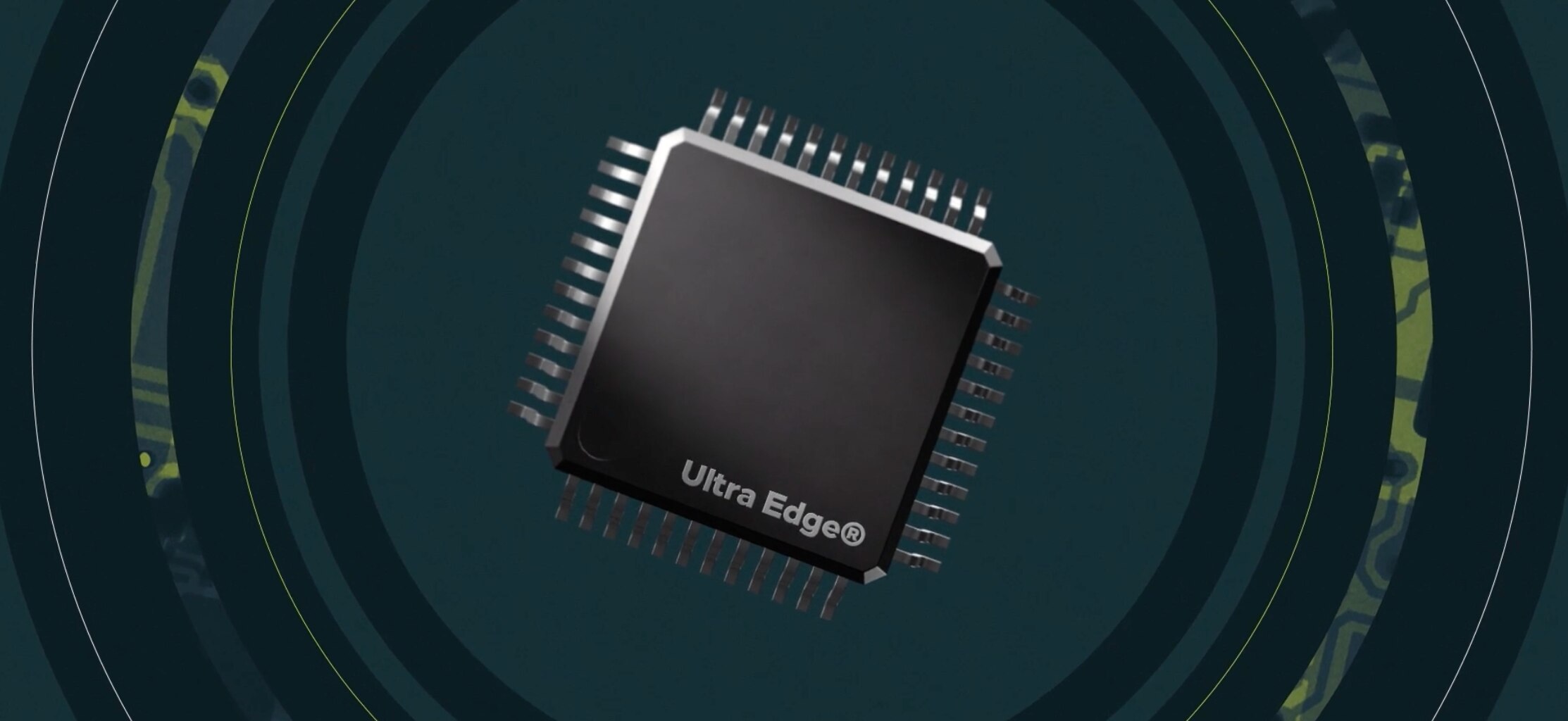How Weeteq Unleashed the Power of Edge AI with Arm Flexible Access

In under four years, Weeteq has progressed from a bold idea to a near-commercial silicon product, thanks in part to Arm Flexible Access. This UK-based startup specializes in ultra-low latency, AI-enabled control systems optimized for real-time anomaly detection and correction at the microcontroller level. This is known as “ultra edge” which is crucial for mission-critical infrastructure that rely on immediate real-time decision making. As a runner-up in the 2023 Arm Silicon Startups Contest, Weeteq exemplifies how emerging innovators can rapidly scale with access to the right technology and ecosystem support.
The Challenge: High Barriers for Hardware Startups
Early-stage semiconductor startups often face steep hurdles: costly IP licensing, long development timelines, and high prototyping risk. Weeteq needed to build a low-power, high-performance edge AI system capable of sub-millisecond anomaly response, without the overhead of traditional licensing models. With limited capital and a lean team, they sought proven IP that could accelerate development while supporting real-time system optimization for applications like industrial automation and energy systems.
The Solution: Arm Flexible Access
Weeteq joined the Arm Flexible Access Startup Program in October 2021 to tackle these challenges head-on. Through Arm Flexible Access, they gained immediate access to critical Arm IP including the Arm Cortex-M55 processor, Ethos-U55 NPU, and the Corstone-300 reference system, all without upfront licensing costs. Arm Corstone is part of a family of pre-verified, configurable silicon subsystem and software reference packages that reduce complexity and accelerate secure system-on-chip (SoC) development. By providing integrated hardware IP blocks, system software, and a trusted foundation aligned with Arm’s Platform Security Architecture (PSA), Corstone enabled Weeteq to quickly prototype using pre-validated FPGA prototyping options and scalable reference architectures, while building toward secure, high-performance IoT devices.
Crucially, the program aligned with their microcontroller-centric development approach and provided support beyond technology. Weeteq tapped into engineering resources, participated in startup panels, and engaged directly with potential partners through Arm’s ecosystem. This combination of technical enablement and community interaction helped reduce barriers and time-to-market.
From Prototype to Silicon: A Startup Journey
With Arm IP as the backbone, Weeteq rapidly built its first prototype using FPGA platforms, progressing to a taped-out silicon design within just two to three years. A major milestone came within nine months of joining Arm Flexible Access: moving from simulation to real-time FPGA validation using actual motors, a critical step in securing customer traction and preparing for commercial rollout.
Powered by the AI acceleration of Cortex-M55 and Ethos-U55, Weeteq’s system can adjust control loops in real time, responding in under 100 microseconds. With the Ethos-U55 delivering up to 480x the machine learning performance of previous generations, this capability is critical for applications such as motor drives, power inverters and battery energy storage systems, where both speed and efficiency directly impact reliability and performance.
Recognition soon followed. Weeteq was named a runner-up in the 2023 AFA Startup Contest, affirming their technical vision and execution strength.
“Without access to Arm’s IP and ecosystem, our vision would’ve remained theoretical,” said Martin Macdonald, Weeteq COO & co-founder. “Arm Flexible Access gave us the tools to turn prototypes into products, and credibility to engage customers and partners early.”
The Impact: Technical and Business Acceleration
By using Cortex-M55 and Ethos-U55, Weeteq enabled efficient edge AI processing tailored to real-time control systems. Corstone-300 then accelerated its integration work, while Arm’s ecosystem offered validation, visibility, and access to early commercial discussions.
Key outcomes include:
- A shortened development cycle from concept to silicon validation.
- No need for early VC funding, thanks to reduced risk and incremental investment.
- A differentiated product targeting real-time edge AI with microsecond responsiveness.
Their “ultra edge” approach, where AI models are integrated directly into control loops, stands apart from traditional edge AI, pushing intelligence closer to the source of data and control.
Scaling Innovation with Arm
Following commercial launch, Weeteq plans to expand into additional edge AI applications, leveraging both more and less powerful Arm cores based on use case demands. The company foresees Arm continuing to play a foundational role, not only in their architecture but in helping customers onboard and innovate within familiar development environments.
“As our product reaches a broader customer base, Arm’s brand and tools will be instrumental in adoption,” said Taner Dosluoglu, CEO & co-founder at Weeteq. “We’re just at the beginning of what ultra edge can enable.”
Weeteq’s story signals a broader truth: programs, like Arm Flexible Access, are reshaping what’s possible for early-stage startups, offering a springboard for the next wave of intelligent, low-power devices.
Key Milestones
- Oct 2021: Joined Arm Flexible Access Startup Program
- Mid 2022: FPGA prototype validated
- Mid 2023: Customer engagement
- Mid 2024: FPGA hardware/demo platform
- Mid 2025: Silicon tape out
- Early 2026: Planned commercial launch
Any re-use permitted for informational and non-commercial or personal use only.












